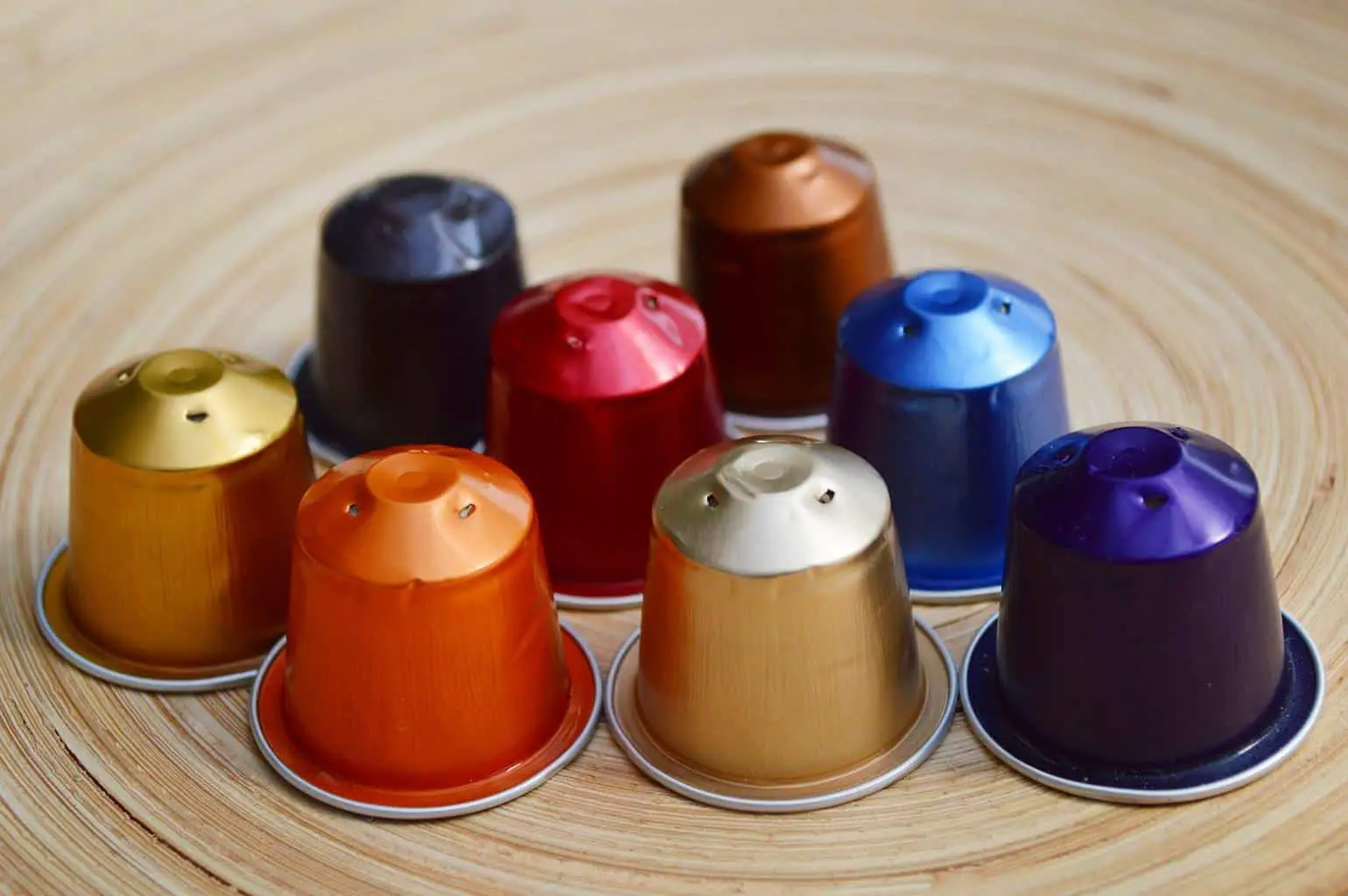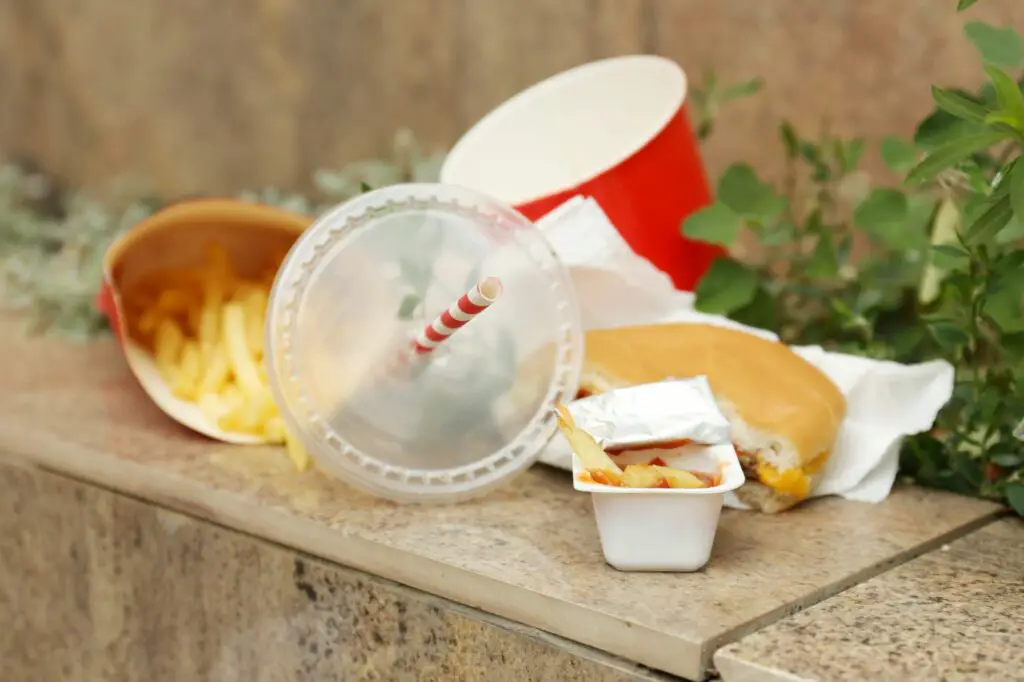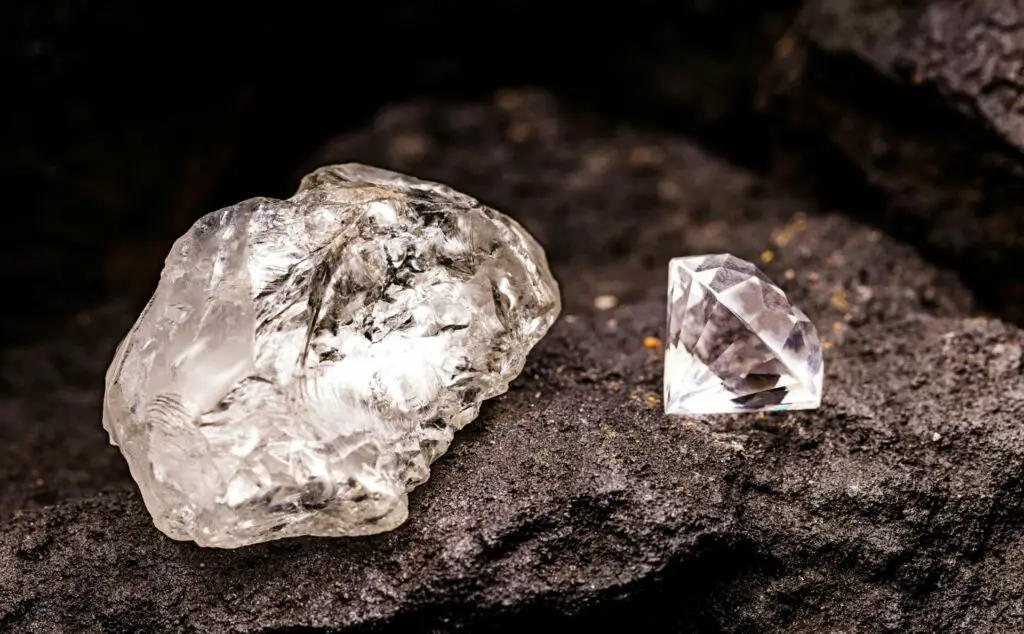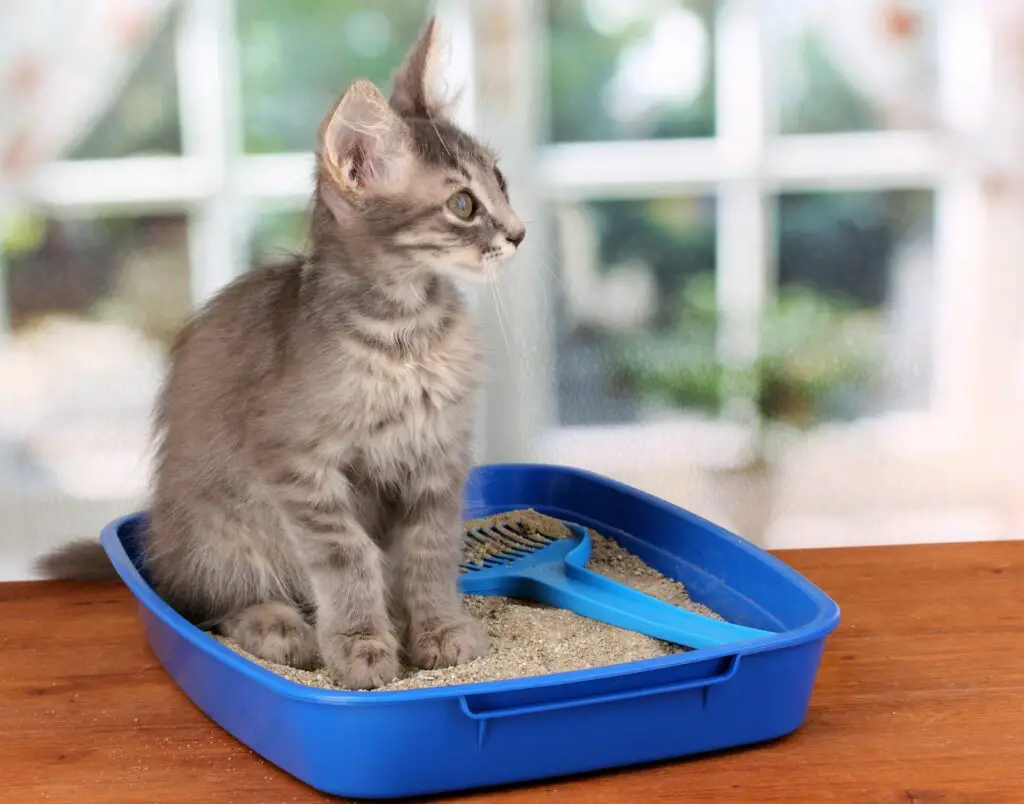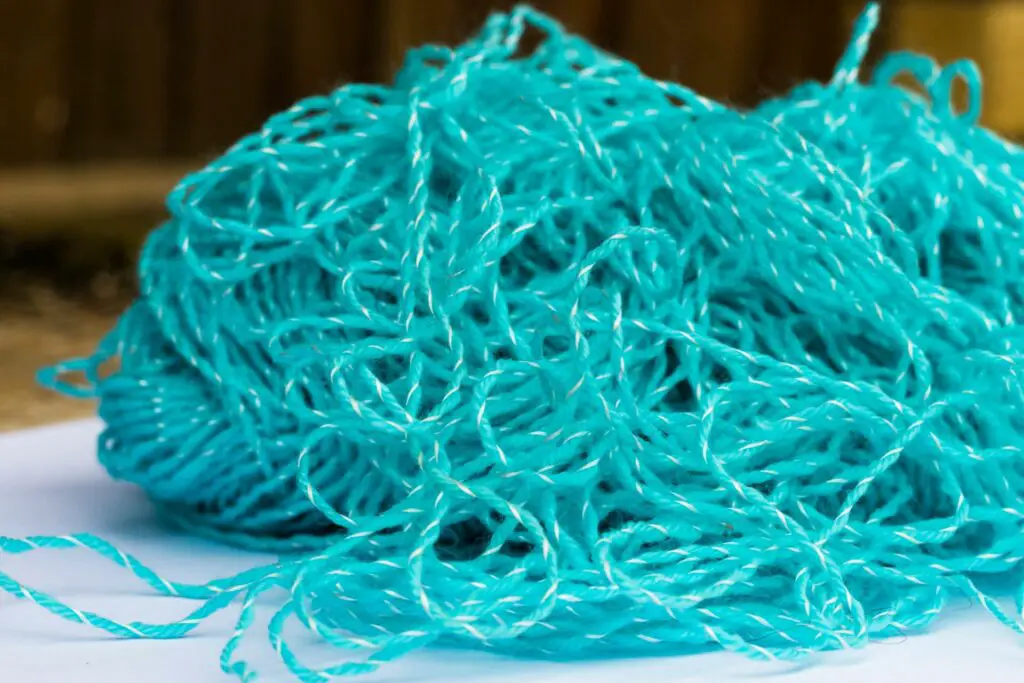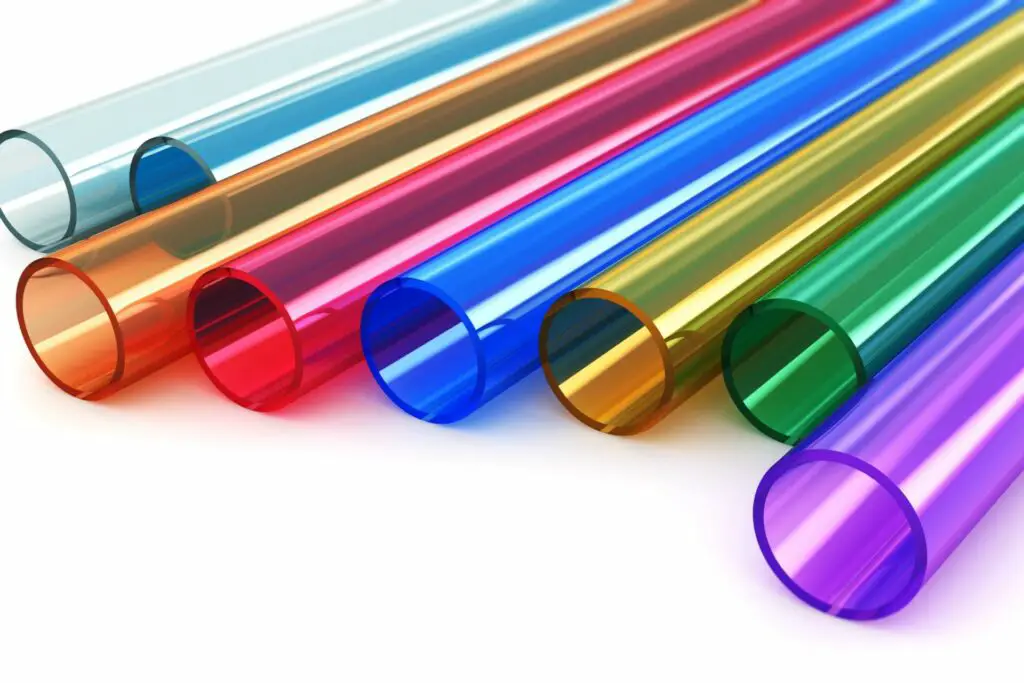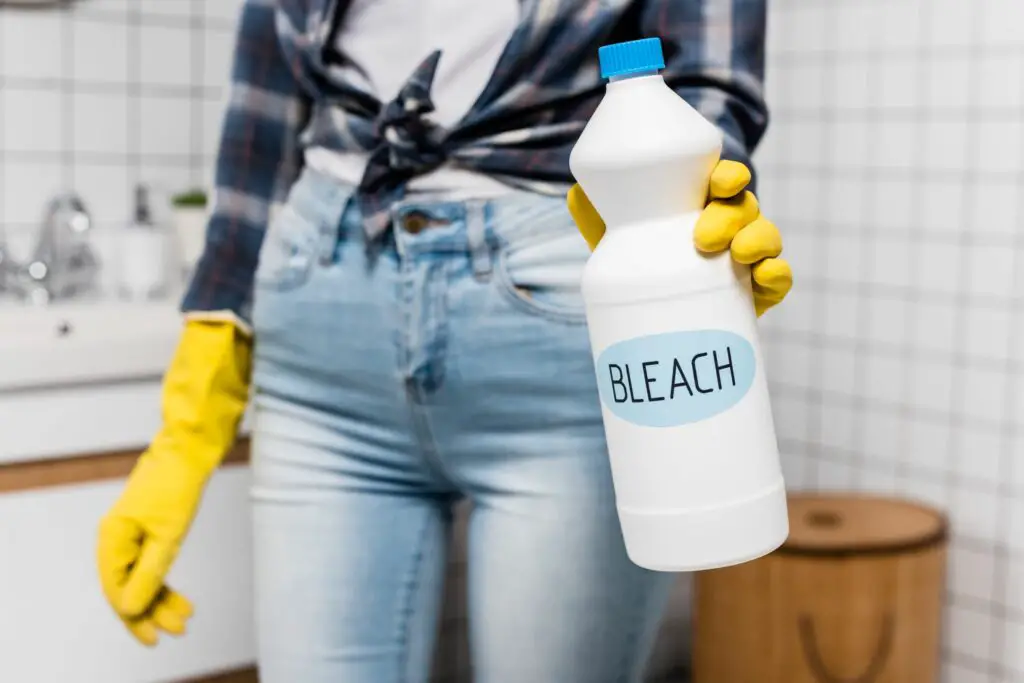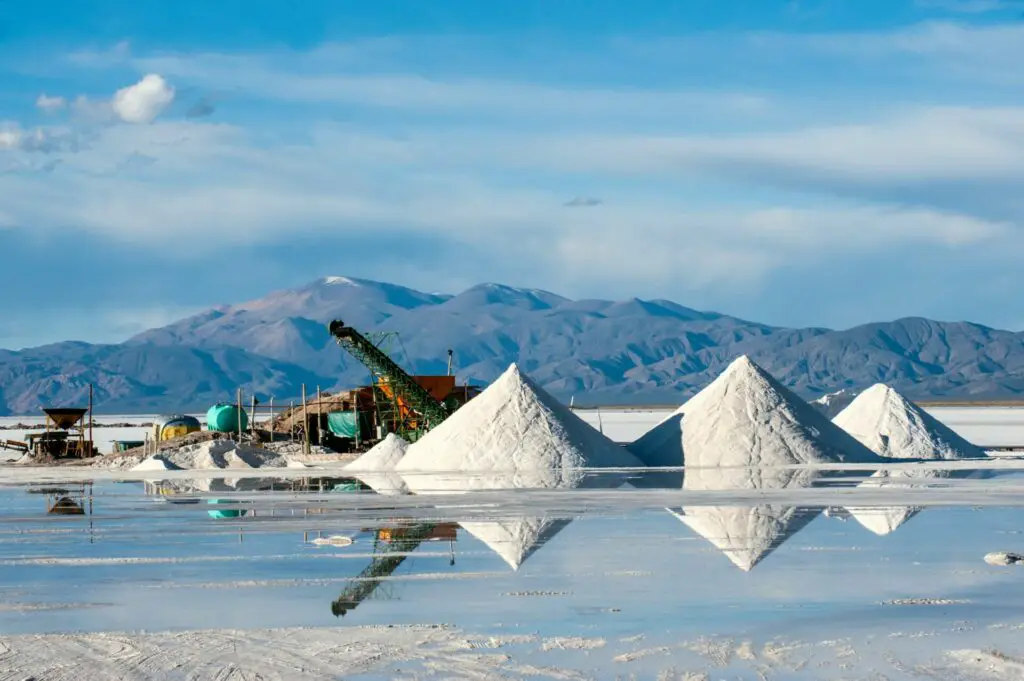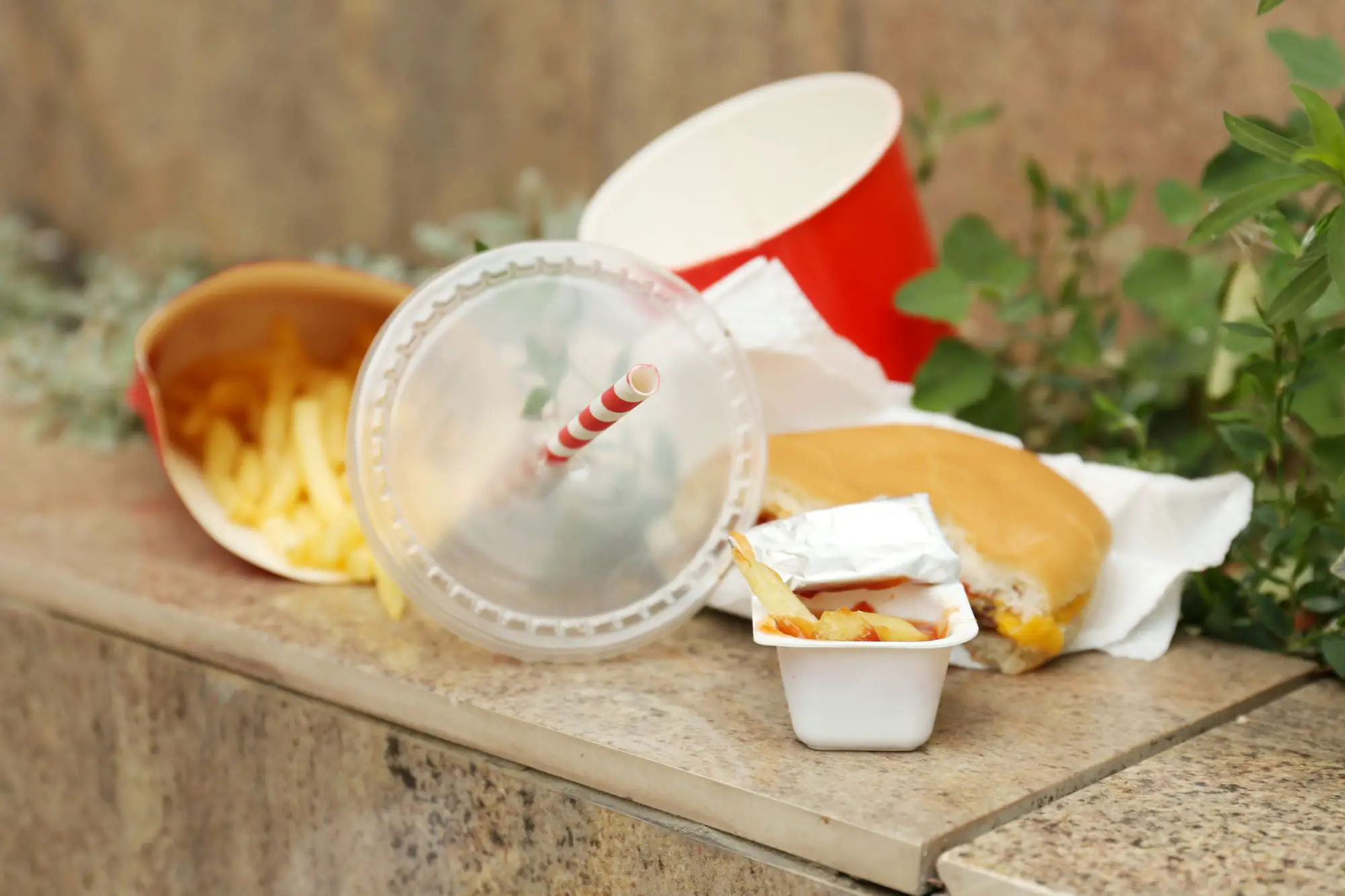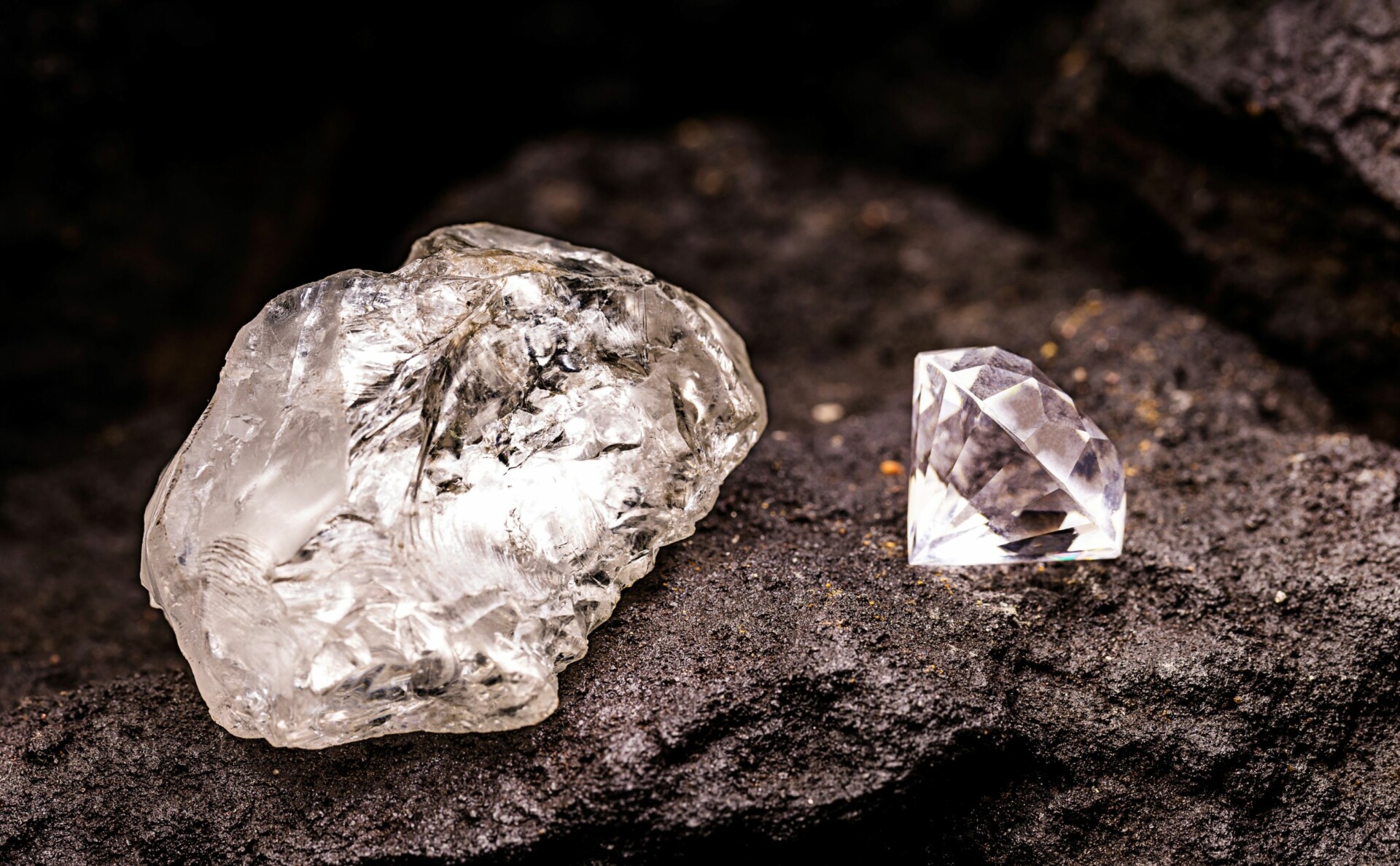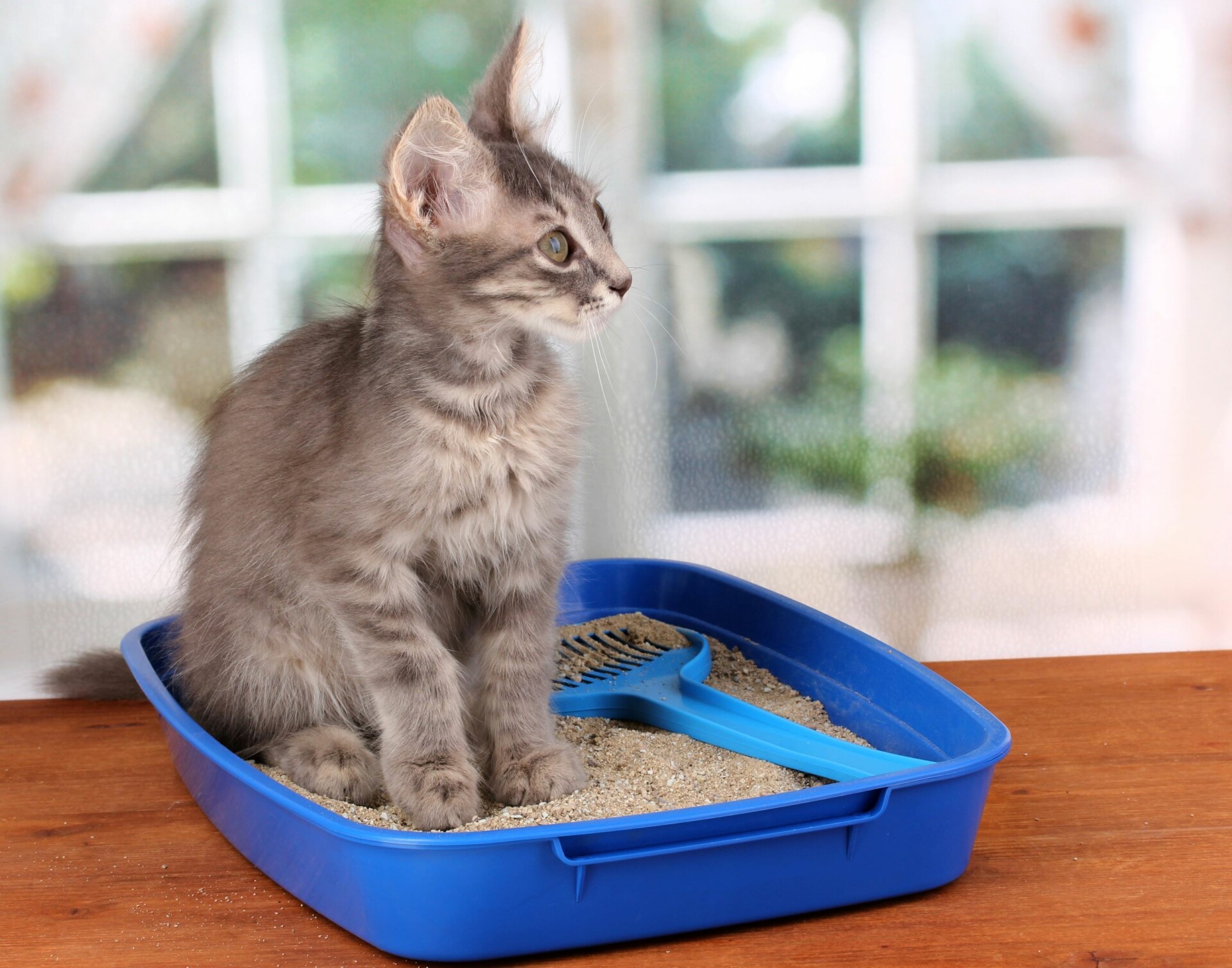Be honest: have you ever had a pang of conscience for using coffee pods?
I’m sure you did, and that’s a good thing. Because it shows you’re aware of the problems they cause.
Conventional coffee capsules are really bad for the environment because they contribute hugely to the worldwide plastic pollution.
But don’t worry! We are not suggesting you should stop enjoying your daily cup of Joe.
Instead, in this article, we’ll show you the best eco-friendly alternatives to plastic and metal coffee pods.
All of them are biodegradable or even compostable.
So from now on, whenever you drink your single-serve coffee, you can rest assured that it’s not only good for you, but also for our environment.
The Problem with Normal Coffee Capsules
Single-serve coffee containers have been very popular for many years now.
One major reason for their popularity is the fact that they are very convenient because they make the coffee brewing process much faster and simpler.
In the U.S., they are mainly known as K-Cups, which is a trademarked name owned by the company Keurig Dr Pepper.
For many years, Keurig used to dominate the North American market, which made the K-Cup almost a synonym for coffee capsules in the minds of many Americans and Canadians.
But there are many other big players in the rest of the world, most of them from Europe.
For many years now, manufacturers such as Nespresso, Lavazza, Senseo & Cafissimo have seen double-digit growth rates for their small single portions of coffee.
But that convenience comes at a huge cost – one that you may not even be aware of.
Coffee Pods Are Virtually Impossible to Recycle
Don’t fall for the common misconception that disposable coffee capsules are recyclable – which is often actively advertised on the product packaging.
They are very rarely actually recycled due to the fact that most coffee pods are a tightly bonded blend of plastic and metal. Additionally, they contain organic residues (coffee grounds).
This confirms Jan Dube from the Department of the Environment and Energy in Hamburg, Germany:
“The capsules can’t be recycled easily because they are often made of a mixture of plastic and aluminium”
Therefore, they cannot be processed in standard recycling plants but require special facilities – of which there are very few.
Furthermore, an average of 6 g of coffee in 3 g of packaging is a really poor ratio – especially for something that is used for mere seconds and then tossed in the trash.
That’s why the German city of Hamburg has banned disposable capsules in all government buildings in an attempt to reduce environmental pollution and waste.
Hamburg is not the only place where a shift in awareness regarding the ecological damage caused by coffee pods is happening.
Nevertheless, 59 billion coffee capsules were produced worldwide in 2018 alone – that’s almost 162 million every single day.
Harmful Environmental Impact of Disposable Coffee Pods
So what happens to all those disposable coffee capsules?
It is estimated that 95% of them will go to landfill and will sit there for up to 500 years, as neither plastic nor metal is biodegradable.
Mind you, the landfill is sort of a “best” case scenario. More commonly, however, they end up in nature – in our forest, rivers, and oceans.
Either way, landfill or nature, while they don’t ever biodegrade, they do break down into ever smaller particles – known as microplastics.
As such, they slowly release their harmful chemicals, pollute the environment, are ingested by animals, and eventually, make their way back into our bodies through the food chain.
Even The Inventor of K-Cups Regrets His Invention
Coffee beans and grounds themselves are not the issue. Being a natural product, they have always been known to be biodegradable, even compostable.
Brewed with traditional coffee filters, you can dump the grounds along with the filter into your compost pile in your backyard (as long as they are unbleached filters).
Then the coffee capsules made of plastic (a.k.a. K-Cups) were invented – probably as a direct result of our global convenience culture.
In any case, those pods – made of plastic and aluminum – certainly were not made with their environmental impact in mind.
Even the inventor of the Keurig has some serious regrets about his invention due to the amount of waste it has created!
“I feel bad sometimes that I ever did it”
– John Sylvan
Coffee Pods vs Coffee Pads – A Significant Difference
It’s very important to be clear on the difference between a coffee pod and a coffee pad.
A coffee pad is ground coffee packaged in its own filter.
This makes coffee pads completely biodegradable since it’s just coffee wrapped in a paper filter.
Also, paper coffee pads are not specific to a certain brand or brewing machine, so they don’t force you to buy only from one manufacturer or limit your coffee options.
In other words, you can freely change the coffee brand while keeping your current machine, or alternatively, stick to your favorite pad brand but use a different machine to brew it.
Those are the advantages of the open, interchangeable system.
On the other hand, coffee capsules (a.k.a. coffee pods), are made of plastic or aluminum (or both).
So unlike coffee pads, coffee pods do not decompose naturally and are therefore not biodegradable.
Furthermore, you have to be very careful when you want to change the brand of either the coffee or the machine.
Most capsules are not interchangeable as the manufacturer tries to lock you to their system.
5 Compostable Coffee Pods As Eco.Friendly Alternatives
Fortunately, there are manufacturers out there who have recognized the problem and offer environmentally friendly alternatives.
So the choice is not “give up your beloved coffee” or “keep polluting the environment”.
Instead, you can enjoy delicious coffee from sustainable disposable capsules or pads that will not harm the environment.
Now we have plenty of brands to choose from and a wide variety of flavors as well.
1. Gourmesso Glorybrew Variety Pack
First established in Berlin, Germany, Gourmesso has been available in the U.S. since 2014 and has its second headquarters in Miami, Florida.
The company offers the largest variety of coffee capsules for Keurig and Nespresso machines.
They are also the only company to offer USDA Organic as well as certified fairtrade coffee capsules compatible with Nespresso and Keurig machines.
Glorybrew is the name of their most eco-friendly line. These BPI certified K-Cup pod alternatives are made entirely from bio-based materials and are completely compostable.
The beans are Rainforest Alliance certified, which means the coffee is grown according to the highest environmental as well as social sustainability standards.
Glorybrew does not use any preservatives so you do not need to worry about any additive chemicals seeping into your cup.
The Glorybrew variety pack comes in three different roast blends, ranging from medium to extra dark roast. If you decide you like one variety over the others each blend is also sold separately.
2. San Francisco Bay OneCup Organic Rainforest Blend
San Francisco Bay Coffee was one of the first companies to develop reusable K-Cup pods alternatives that used less plastic.
They have since improved on that design with this biodegradable pod.
This pod is 97% biodegradable by weight. The ring, grounds, container bag, and even the box that holds everything together are all biodegradable.
They do advise throwing away the lidding and mesh filter material, but they come apart quite easily.
The Rainforest Blend of coffee in these pods is sourced from four different countries: Colombia, Mexico, Guatemala, and Indonesia.
The four varieties are then masterfully blended to create a unique flavor that goes down smooth.
As an added bonus, all of San Francisco Bay’s coffees are certified Kosher and 100% organic.
3. Tayst Decaf Coffee Pods
If you want to be sure you’re getting the best in compostable K-Cup coffee maker pod alternatives, look no further than Tayst.
They developed the Purpod, which was the first 100% compostable pod that also was certified as such. Plenty of companies claim to have biodegradable or compostable products but not many actually go so far as to get certified.
This decaf coffee is the best of its kind. Aside from being Rainforest Alliance Certified, Tayst takes care in the decaffeination process to retain as much bold flavor in their coffee as possible.
They use a water process instead of chemical so you do not need to worry about what is going into your body. It also helps preserve the natural flavors of the coffee.
It should come as no surprise that the makers of these most eco-friendly pods have made sure the packaging is also biodegradable. Just because it is good for the environment does not mean it is boring though.
You’ll find the contents to be attractively and lovingly packaged, a good indication of how things work behind the scenes at Tayst.
4. Caffe Vergnano Compostable Espresso Pods –Intenso
Any serious coffee drinker will tell you that espresso and coffee are not the same things. Even if you have the option on your coffee maker to make an espresso size beverage, if you are using a coffee pod it is not true espresso.
Enter: Caffe Vergnano. These capsules are made specifically for Nespresso machines to make the perfect cup of espresso. They are also certified biodegradable, made from 100% Arabica beans, and kosher.
The intense flavor of this African grown espresso is topped off with a generous and full crema. It is made for sipping and enjoying slowly.
When you are finished with your cup you can remain relaxed knowing that the biodegradable pod will not cause any harm to the environment, unlike the traditional foil pods that it is replacing.
5. Latin Espresso Gourmet Cubanito
If you are looking for a Cuban style espresso then Gourmet Cubanito is the pod for you.
These biodegradable pods are compatible with all Nespresso OriginalLine machines. The pods are not compostable but they do promise to decompose in less than six months.
Unlike many other sellers who allow their product to sit in a warehouse until sold, Latin Espresso prides itself in the freshness of their pods. The beans are hand-packed, roasted, and ground daily and the bags are packaged per order for each customer. This process results in an incredible flavor that is hard to find with any other brand.
Conclusion
There is no reason to continue the insane pollution and environmental damage caused by plastic and aluminum capsules.
As you can see, there are plenty of alternative manufacturers who offer more sustainable, biodegradable coffee pods.
Which one is your favorite?
You Might Also Like…
- Is Fast Food Bad for the Environment? (& What You Can Do)
- Is Fabric Softener Bad for the Environment? (+5 Eco-Friendly Options)
- Is Fuel Dumping Bad for the Environment? (& How Often It Happens)
- Is Electricity Generation Bad for the Environment? (What You Should Know)
- Is Dry Cleaning Bad for the Environment? (4 Surprising Facts)
- Is Diamond Mining Bad for the Environment? (Important Facts)
- Is DEET Bad for the Environment? 4 Effects (You Should Know)
- Is Cat Litter Bad for the Environment? (5 Common Questions)
- Is Burning Cardboard Bad for the Environment? (6 Facts)
- Is Burning Paper Bad for the Environment? (6 Surprising Facts)
- Is Burning Leaves Bad for the Environment? (7 Quick Facts)
- 4 Natural Cleaners for Quartz Countertops
- 6 Eco-Friendly Acrylic Paint Brands (For Sustainable Artists)
- 5 Eco-friendly Alternatives to Acrylic Paint (& How to Make Them)
- Is Acrylic Paint Bad for the Environment? (7 Quick Facts)
- Is Acrylic Yarn Bad for the Environment? 8 Crucial Facts
- Is Acrylic Bad for the Environment? (8 Quick Facts)
- Is Aluminum Foil Bad for the Environment? 7 Quick Facts
- Is Bleach Bad for the Environment? 6 Crucial Facts
- Is Lithium Mining Bad for the Environment? 6 Crucial Facts

